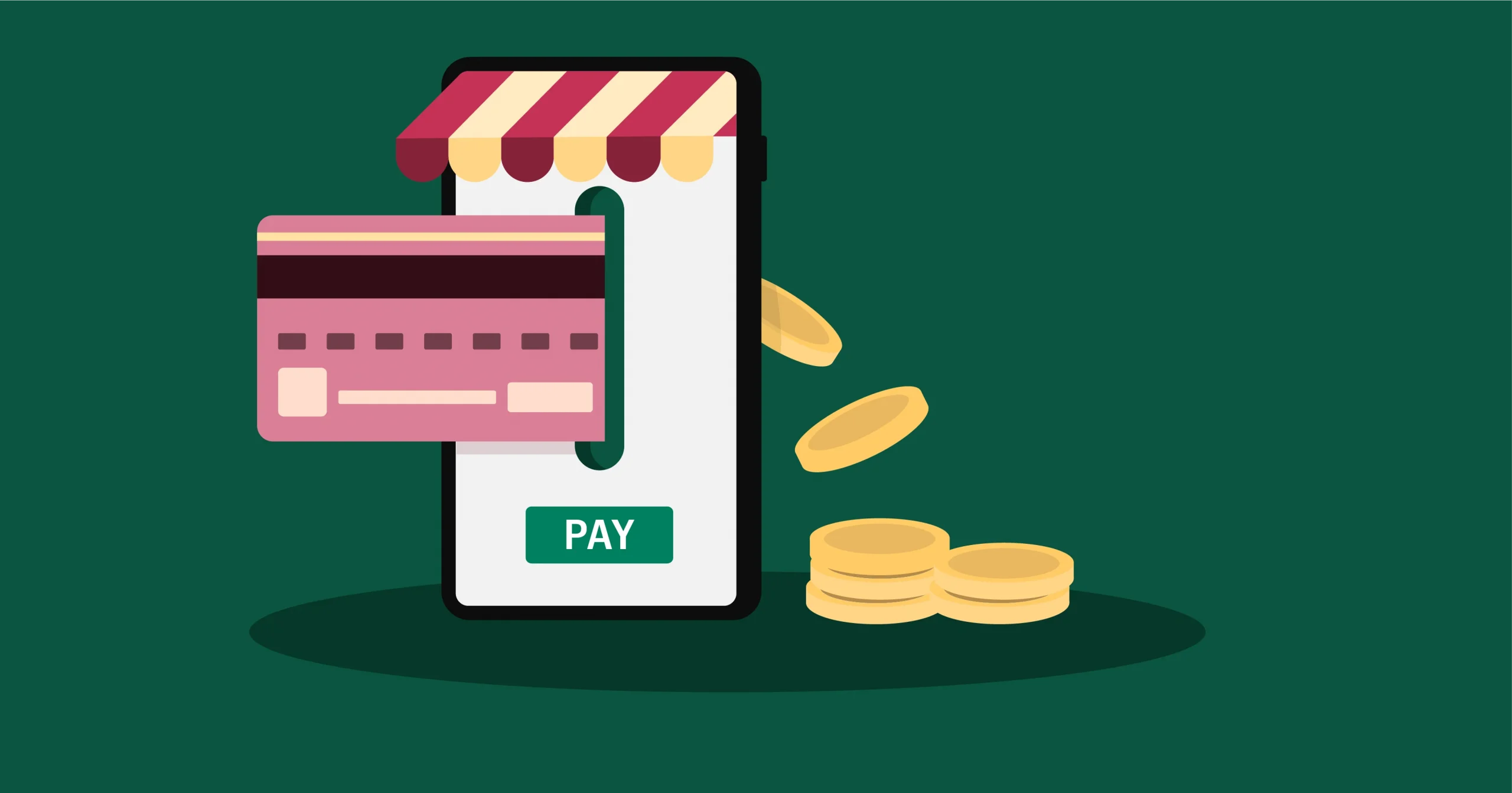If you’re an eCommerce business owner, then you know that accepting payments is essential to your success.
By 2022, it’s anticipated that over 80% of United States transactions will be completed using a different payment method. In addition, transaction values for online payments are expected to rise by over 15% from 2022 through 2025.
A payment gateway can streamline and speed up payments in a more cashless society, where most transactions are conducted digitally or via credit cards.
While this can be a convenient solution, it also comes with several risks. We’ll examine some risks associated with using third-party payment processors and how to protect yourself against them.
What Are Third-Party Payment Processors, And What Do They Do?
Payment gateways process payments for eCommerce websites and real-world businesses, similar to an electronic cash register in a digital transaction.
Third-party payment processors allow businesses to accept credit cards and electronic payments. These processors typically handle all aspects of the transaction, from authorization to settlement.
Payment gateways are the core component of these systems, whether online or in-store.
The mechanism that is closest to the user within a transaction that gathers, transfers, and permits customer information in real time to a merchant’s bank is where the transaction itself is processed.
However, it is vital to understand security and convenience needs before selecting a payment gateway.
The Benefits Of Using A Third-Party Payment Processor
There are many advantages to using third-party payment processors. They can save time and money by simplifying the payment process and offering valuable features like fraud protection and customer support.
Third-party payment processors also allow businesses to accept various payments, including credit cards, debit cards, and electronic checks. This can be a convenient solution for customers who may not have cash or prefer not to use credit cards.
Another advantage of third-party payment processors is that they help you manage your finances. Using a processor, you can track your sales and expenses in one place, and this can be helpful in budgeting and forecasting for your business.
The Risks Of Working With A Third-Party Payment Processor
While there are plenty of advantages to using third-party payment processors, there are also some risks.
One risk is that you may lose control of your customer’s payment information. Using a third-party processor means relying on the company to keep your customer’s payment information safe. If the processor experiences a data breach, your customers’ payment information could be compromised, leading to fraud or identity theft.
Another risk is that you may be subject to higher fees. Some processors charge businesses a percentage of each transaction plus a fee for each credit card payment, which can add up, especially for businesses that process many transactions.
Finally, you may have less flexibility regarding your customers’ payment options. While some processors offer various payment options, others may be more limited, limiting your customer base and impacting your sales.
Protecting Yourself When Using A Third-Party Payment Processor
You can do a few things to protect yourself when using a third-party payment processor.
First, be sure to research the company thoroughly before signing up. Make sure they have a good reputation and offer the features you need.
Second, read the fine print of your contract carefully. Know what fees you’ll be charged and your rights if there’s a problem.
Finally, consider using a processor that offers fraud protection. This can help you avoid losses if your customer’s payment information is compromised.
These precautions can help minimize the risks of working with a third-party payment processor.
Alternatives To Using A Third-Party Payment Processor
You can consider a few alternatives if you’re concerned about the risks of using a third-party payment processor.
One option is to use a point-of-sale system. This allows you to process credit card payments without using a third-party processor.
Another option is to use a payment gateway. This allows you to accept credit card payments on your website without storing customer information on your site.
Finally, you could use a service like Google Wallet. These services allow customers to pay with their credit cards without sharing their information. Instead, the customer’s information is stored with the service.
Each of these options has its advantages and disadvantages. Be sure to research each option carefully before making a decision.
The Bottom Line
There are both risks and benefits to using a third-party payment processor. Be sure to do your research and choose a reputable company. Also, be sure to read the fine print of your contract carefully. And consider using a processor that offers fraud protection. By taking these precautions, you can minimize the risks of using a third-party payment processor.








